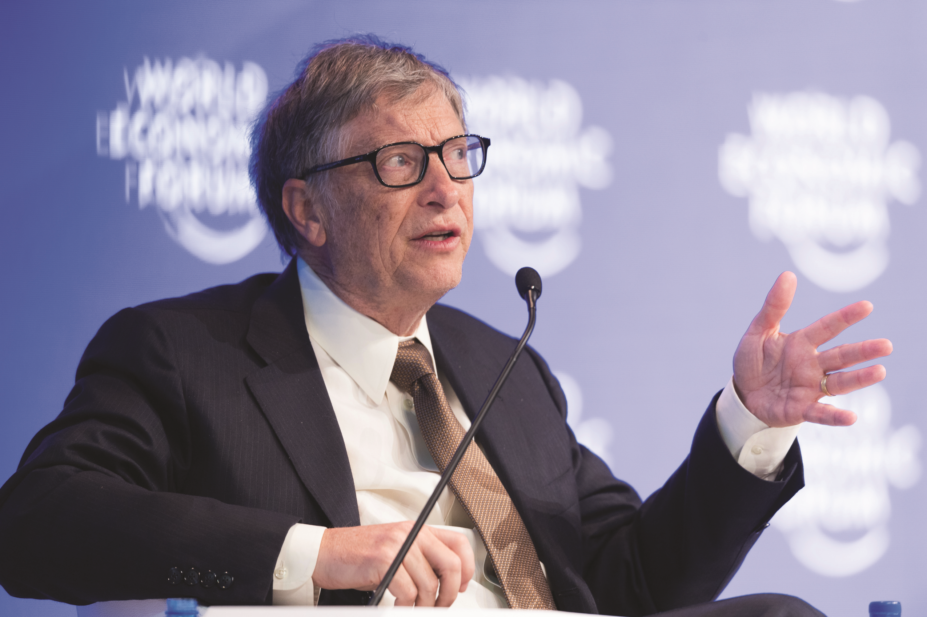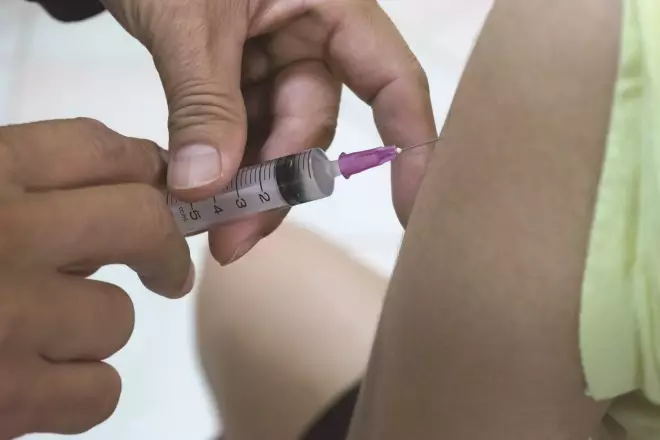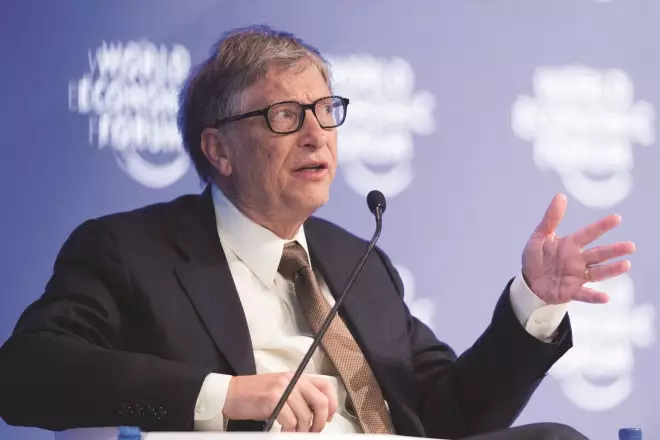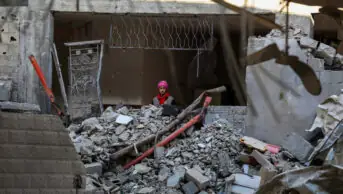
World Economic Forum

Source: Shutterstock.com
The Coalition for Epidemic Preparedness Innovations (CEPI) will coordinate and fund research into safe and effective vaccines that could be deployed rapidly to contain outbreaks before they become global health emergencies
An international initiative for developing vaccines against emerging infectious diseases that threaten global health was launched on 18 January 2017 at the World Economic Forum annual general meeting in Davos, Switzerland.
The Coalition for Epidemic Preparedness Innovations (CEPI) will coordinate and fund research into safe and effective vaccines that could be deployed rapidly to contain outbreaks before they become global health emergencies.
The group — which has US$460m investment from the governments of Germany, Japan and Norway, and contributions from the Bill & Melinda Gates Foundation and the Wellcome Trust — hopes to speed up the production of vaccines against previously unknown pathogens by capitalising on adaptable vaccine technology and investing in facilities.
CEPI will initially focus on developing vaccines to prevent Middle East respiratory syndrome-related coronavirus (MERS-CoV), and Lassa and Nipah viruses, which all have potential to cause serious epidemics. The coalition will also consider supporting the development of vaccines to counter the Zika virus, and multiple strains of the Ebola and Marburg viruses.

Source: World Economic Forum
Bill Gates, co-chair of the Bill and Melinda Gates Foundation, which invested in the Coalition for Epidemic Preparedness Innovations, said that the rise of Zika and Ebola showed that the world is “tragically unprepared to detect local outbreaks and respond quickly enough to prevent them from becoming global pandemics”
Bill Gates, co-chair of the Bill and Melinda Gates Foundation, said that the rise of Zika and Ebola showed that the world is “tragically unprepared to detect local outbreaks and respond quickly enough to prevent them from becoming global pandemics”.
He added: “Without investments in research and development, we will remain unequipped when we face the next threat.”
Erna Solberg, the Norwegian prime minister, said that epidemics “can ruin societies on a scale only matched by wars and natural disasters”.
“They respect no borders and don’t care if we are rich or poor,” she said. “This is why we all must work together to be better prepared.”
CEPI has raised almost half of the $1bn it needs for its first five years. The initiative plans to raise the rest by the end of 2017.
Separately, on the same day of the World Economic Forum meeting, drug companies also promised to invest US$50m during the next three years into the prevention and treatment of cancer and other non-communicable diseases in low to middle-income countries.
Access Accelerated — an initiative co-led by Roche and supported by 22 companies, including Pfizer and GlaxoSmithKline — is also backed by the World Bank.
Severin Schwan, chief executive of Roche, says: “Our innovative medicines and diagnostic tests are only meaningful if they reach the people who need them, when they need them — no matter where they live. This is why the Access Accelerated initiative is so important.”
According to the World Health Organization, non-communicable disease kills 38 million people per year and contributes to around 70% of all deaths across the globe; nearly 75% of these deaths occur in low and middle-income countries.

